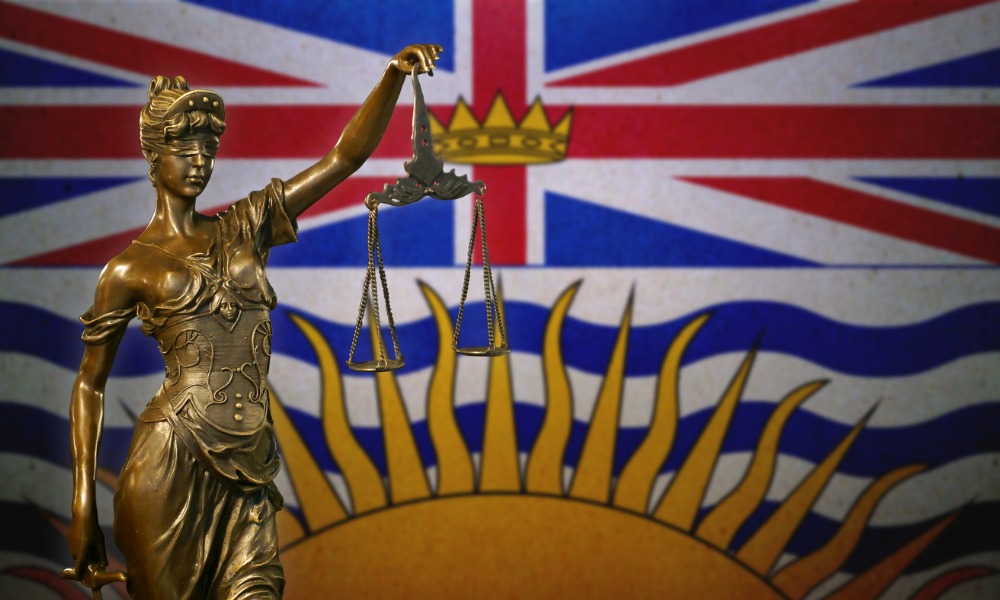The British Columbia Securities Commission (BCSC) is advocating for changes to Canada’s Bankruptcy and Insolvency Act, 1985 following a recent Supreme Court of Canada ruling that permitted the discharge of certain financial penalties through bankruptcy.
The court’s decision, which has significant implications for securities regulation, has prompted the BCSC to call for legislative amendments to better protect Canadian investors.
“This case demonstrates one of the many challenges securities regulators face in collecting financial penalties from lawbreakers,” said Brenda Leong, chair and chief executive officer of the BCSC, in a news release.
“The fact that administrative penalties can be extinguished through bankruptcy seriously undermines securities regulators’ duty to protect investors,” Leong added, “and highlights a significant flaw in federal bankruptcy law that needs to be fixed.”
In a 5-2 decision, the Supreme Court ruled that undergoing bankruptcy could extinguish and make unenforceable administrative penalties imposed by securities regulators, including the BCSC.
Background of the case
The BCSC found a B.C.-based couple guilty of operating a pump-and-dump scheme involving shares of an Ontario company listed on the TSX Venture Exchange. The couple allegedly inflated the share price by trading among themselves, friends, and acquaintances and ultimately profited by about $7 million from unsuspecting buyers, many of whom were unaware of the fraudulent activity until being contacted by the BCSC.
The BCSC panel imposed two types of financial sanctions on the couple: administrative penalties amounting to $13.5 million, aimed at deterring future misconduct, and disgorgement orders totalling $5.6 million, which represented profits that the couple obtained from their illegal activities. The victims of the scheme could potentially get back these disgorged funds.
However, the couple made no efforts to pay the financial sanctions and subsequently filed for bankruptcy. They asked the court to discharge their debts, including those owed to the BCSC. In 2020, the B.C. Supreme Court denied this request and sided with the BCSC’s argument that the sanctions should persist despite the bankruptcy.
The BCSC sought a court order to ensure that its sanctions against the couple would survive bankruptcy. The BCSC pointed out that the Bankruptcy and Insolvency Act allowed certain debts to remain, such as those arising from court-imposed fines, penalties, or restitution orders and debts resulting from fraudulent misrepresentation.
Read next: What happens when a business becomes insolvent or bankrupt in Canada?
The Supreme Court agreed with the BCSC that the couple’s actions amounted to fraudulent misrepresentation but disagreed that the administrative penalties qualified as court-imposed orders.
The disgorgement orders could not be discharged in bankruptcy because they were directly tied to the fraudulent conduct, the majority said. However, the administrative penalties could be extinguished through bankruptcy since they were only indirectly related to the misconduct, the majority explained.
Two justices dissented and found that both the administrative penalties and disgorgement orders should persist to prevent dishonest debtors from benefiting from their fraudulent actions.
Leong expressed partial satisfaction with the ruling. Though pleased that the couple would be liable for the $5.6 million, “this case is about more than just one instance. It is concerning that individuals who deceive or defraud investors can potentially avoid paying administrative penalties by declaring bankruptcy,” Leong said.
“An obvious solution is to revise the law to deal with this ‘escape hatch,’” Leong added.





